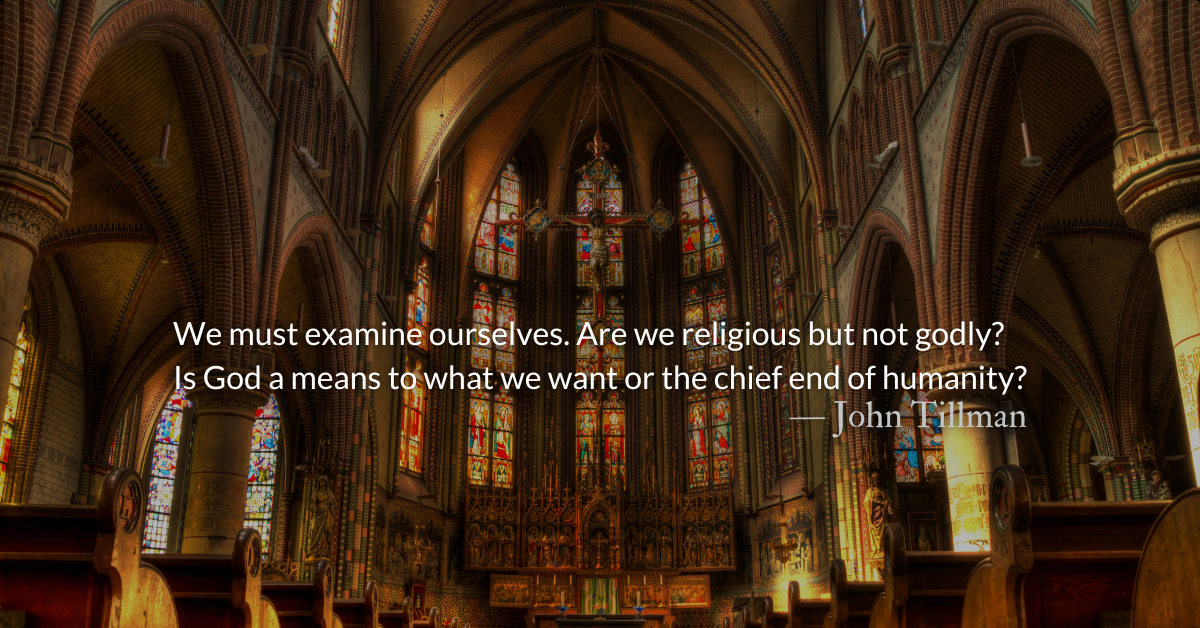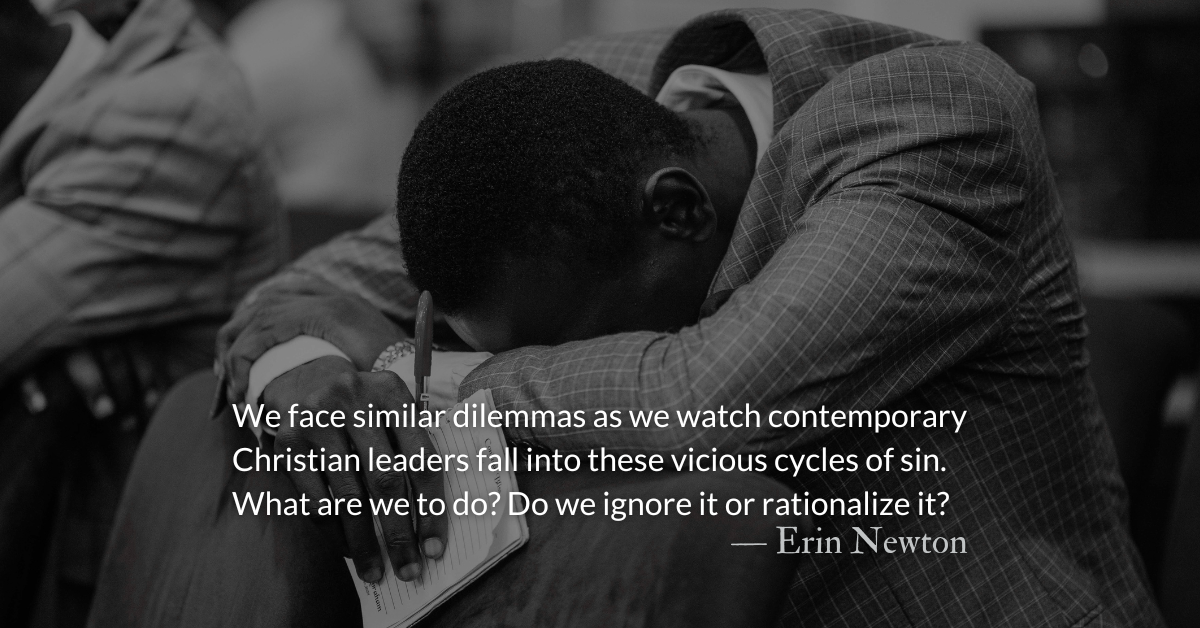Links for today’s readings:
Nov 17 Read: 1 Chronicles 9-10 Listen: (7:43) Read: Psalms 85 Listen: (1:25)
Scripture Focus: 1 Chronicles 10.8-12
8 The next day, when the Philistines came to strip the dead, they found Saul and his sons fallen on Mount Gilboa. 9 They stripped him and took his head and his armor, and sent messengers throughout the land of the Philistines to proclaim the news among their idols and their people. 10 They put his armor in the temple of their gods and hung up his head in the temple of Dagon. 11 When all the inhabitants of Jabesh Gilead heard what the Philistines had done to Saul, 12 all their valiant men went and took the bodies of Saul and his sons and brought them to Jabesh. Then they buried their bones under the great tree in Jabesh, and they fasted seven days.
1 Samuel 31.8-13
8 The next day, when the Philistines came to strip the dead, they found Saul and his three sons fallen on Mount Gilboa. 9 They cut off his head and stripped off his armor, and they sent messengers throughout the land of the Philistines to proclaim the news in the temple of their idols and among their people. 10 They put his armor in the temple of the Ashtoreths and fastened his body to the wall of Beth Shan.
11 When the people of Jabesh Gilead heard what the Philistines had done to Saul, 12 all their valiant men marched through the night to Beth Shan. They took down the bodies of Saul and his sons from the wall of Beth Shan and went to Jabesh, where they burned them. 13 Then they took their bones and buried them under a tamarisk tree at Jabesh, and they fasted seven days.
Reflection: Complicated Feelings When Heroes Fall
By John Tillman
Saul’s reign was a long, slow fall from heroic heights to villainous depths.
There is a complicated mess of feelings when heroes fall. The greater their former deeds, the greater damage their fall causes. The greater your admiration, the greater your anger. The greater your love, the greater the loss. Have you watched a hero fall before? Are you seeing one fall now? Do you understand these complicated feelings? Jabesh Gilead did. And so did David.
Citizens of Jabesh Gilead were the first to see Saul’s heroism. (1 Samuel 11.1-11) He saved them from being maimed at his heroic beginning. They saved his maimed body from further humiliation after his villainous end. They did not excuse his sins or rewrite history. They simply remembered who he was before the fall. David, one of Saul’s main victims, thanked them for doing Saul this honor.
I have watched heroes and friends fall. Some fell fast, following shocking revelations. Affairs, crimes, abuse, or corruption suddenly came to light, bringing well-deserved consequences. Some were shunned, never to serve in their roles again. (This is justice, not persecution.) Sadly, some still wield influence today despite little evidence of repentance.
Some fell slowly—incrementally corrupted by wealth, power, prejudice, worldly philosophy, racial bias, political movements, or charismatic false messiahs. They lost their first loves and wedded themselves to movements. Their hearts were infected and hardened by wicked motives of greed, glory, or power. They feared one side’s slippery slope, but instead of holding the ground of truth, they fled the opposite direction, sliding down into the opposite side’s errors.
Whether a hero’s light slowly wanes or is suddenly snuffed out, we still remember and mourn the light’s absence. Be wise and careful when recalling good things from a fallen hero’s past. Beware nostalgia—it can fuel self-deception. A nostalgic heart rewrites history, minimizing and defending past sins, crimes, or damages.
When a hero falls, whether slowly or suddenly, don’t allow yourself to soften the truth with nostalgic lies. Face the truth. Feel the pain of their sins. Acknowledge the damage they caused. Face both realities—the good and the bad. Hate what is evil but cling to what is good. Don’t defend what is evil with what was good. Most of all, humble yourself and remember that if they fell, so could you.
Divine Hours Prayer: The Call to Prayer
Love the Lord, all you who worship him; the Lord protects the faithful, but repays to the full those who act haughtily.
Be strong and let your heart take courage, all you who wait for the Lord. — Psalm 31.23-24
– From The Divine Hours: Prayers for Autumn and Wintertime by Phyllis Tickle.
Read more: A Sympathetic Villain Origin Story
Someone you love right now might be on a villain’s path. Hope is good. Naiveté is not…be ready to stand in their way
Read more: Confront the Spirit of Cruelty
One key to spotting injustice is the spirit of cruelty…Where cruelty rules, justice is absent and peace is impossible.






